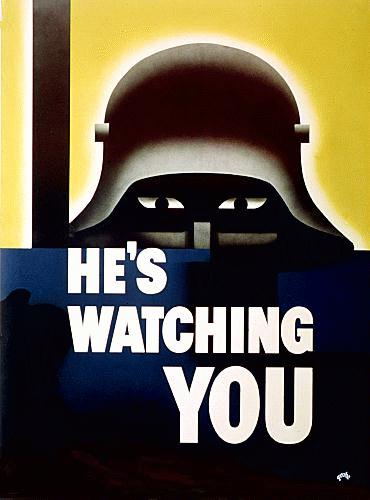Look Don't Listen
Monday, September 26, 2011
Fit to be Citizens Response
Wednesday, September 14, 2011
Socratic Seminar Response
Thursday, April 28, 2011
RE: Brandi
Saturday, April 23, 2011
Blog 11
Tuesday, April 19, 2011
Blog 10
They went under the Japanese regime. Sometime during the day, Grandpa said they were obliged to watch a Japanese show and taught how to count in and speak Japanese. You were not allowed to yawn or close their eyes at all!
If you don’t obey, or stay focused you get slapped many times or you get killed.
One day, a Japanese army was patrolling my grandpa’s area and my grandpa
saw how this Japanese soldier used his bayonet to toss a baby in the air and killed the baby with his bayonet. He cannot forget that grim sight.
His sister got spared by a bayonet because as the Japanese was going to attacked her, the door was swayed by the wind and the bayonet landed
and poked the door instead of his sister. His sister’s life got spared!
My Grandpa wanted to get drafted in the Philippine Army during this war at the age of 17, but his Mom freaked out and fainted when she knew! My Grandpa backed out!
As promised, Gen. MacArthur returns to the Philippines and lands on the island of Leyte. This marks the beginning in the liberation of the Philippines on May 20, 1944. That time, my Grandpa was already 19 years old. They ended up migrating to Bataan where he and his older brother were adapted by a priest and sent them to continue high school. Then he followed his brother and stayed in Manila after the liberation. His brother pursued to be a doctor and my Grandpa wanted to be a Pharmacist. He worked in a Pharmacy and learned how to mix medications and give shots for cough. Being a Pharmacist didn’t happen because he ended up being an Accountant. He migrated to a City close to Bataan called Olongapo, where the Americans established a military base facility. He applied as an Accountant at the Naval Supply Depot. This where his love story started…
He met my Grandma Amelia Salang who worked as a secretary of the Admiral in Naval Air Supply Cubi Point. They got married December 7, 1957."
http://en.wikipedia.org/wiki/Military_history_of_the_Philippines_during_World_War_II
Thursday, April 14, 2011
WW2 Imagery
 Not sure of the background info but this is WW2
Not sure of the background info but this is WW2This reminds me of the "last war always creates the means for the next" because the last one was fought for liberty, so is this one.
 Glenn Grothe 1942
Glenn Grothe 1942This poster is a scare tactic, saying that if he isn't defeated your freedom from fear will be taken away
It's an example of how when somebody is indoctrinated with the thought he is higher than his fellow humans, this is only one step away from that.